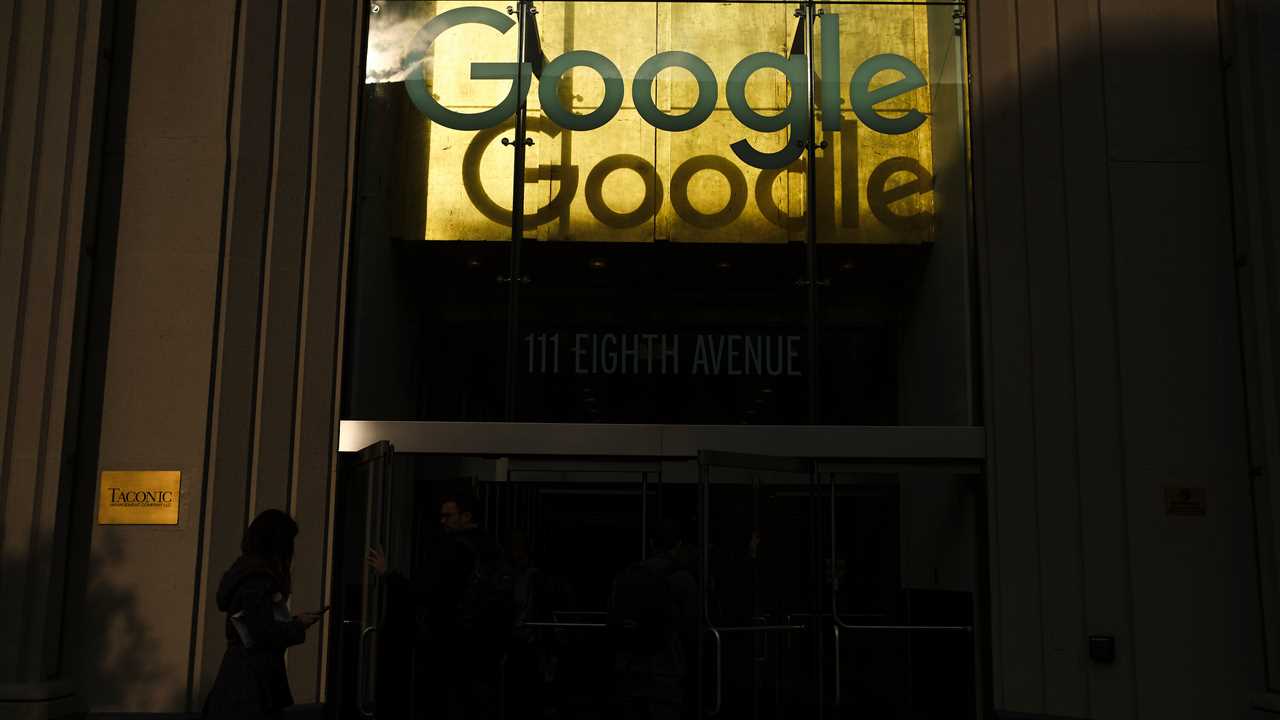
Google wrongly claimed attorney-client privilege to protect documents subpoenaed in a National Labor Relations Board case filed by former employees who say the company fired them because of their unionization efforts, a labor judge has ruled.
The administrative law judge, Paul Bogas, whom the N.L.R.B. appointed as a special master to review the documents, said in a report on Friday that “this broad assertion is, to put it charitably, an overreach.”
The ruling is the latest legal blow to Google’s defense against a complaint, brought by the labor agency in December 2020, that said the company illegally fired and surveilled employees who were involved in labor organizing.
Judge Bogas ruled in November that Google had improperly characterized 71 of 80 documents sought by the former employees as privileged. The latest report covers around 200 additional documents pertaining to communications around Google’s hiring of IRI Consultants, a firm known for its anti-union work, as part of Project Vivian, an effort to fight labor organizing at the company.
Google must hand over nearly all of those 200 documents, Judge Bogas ruled. He also ordered the company to produce for his review more than 1,000 additional documents that it logged as privileged.
Google’s argument that it had the right to withhold the documents was not “persuasive,” Judge Bogas said, because IRI assisted Google with messaging that did not include legal advice.
In one document that the judge said did not pass muster for confidentiality, a Google lawyer explained that the company wanted consulting help for Project Vivian “to engage employees more positively and convince them that unions suck.” The lawyer provided a long list of areas where IRI could help, including “understanding the current sentiment around labor organizing/unionization efforts at Google.” The lawyer did not mention assistance with legal help.
In another document that Google claimed was privileged, a different Google lawyer offered public relations advice but not legal counsel. The lawyer proposed that the company find a “respected voice” to publish an editorial about what a union would look like in a tech workplace to discourage employees of Facebook, Microsoft, Amazon and Google from forming one. A human resources director said that she supported the idea, but that it needed to be done without Google’s fingerprints. IRI then sent a proposed editorial to the Google lawyer.
Judge Bogas also chastised Google for marking documents as privileged just because it copied in a company lawyer, even though the communication did not seek legal advice.
“A company cannot cloak a document in privilege merely by providing a copy to counsel,” the judge wrote.
The New York Times reported earlier that Google encouraged employees to aggressively mark internal communication as “A/C Priv,” which is shorthand for “attorney-client privilege,” in the subject line even if they are not seeking legal advice.
Google denied that was the case, and said it informed employees that they should do that only when appropriate.
Did you miss our previous article...
https://trendinginthenews.com/tech-giants/lawsuit-says-meta-shares-blame-in-the-killing-of-a-federal-guard






